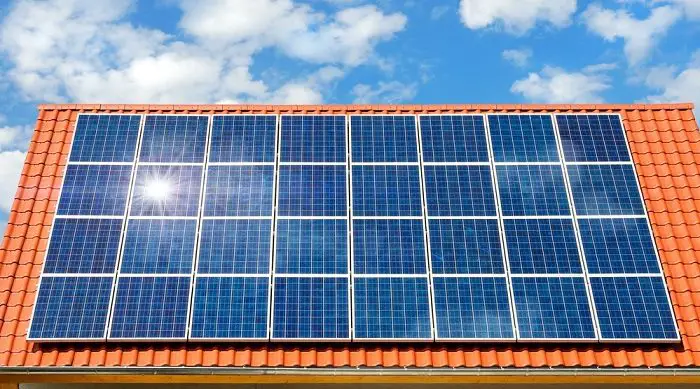City Power has revealed that it has received application to install 32MW of rooftop solar in South Africa capital Johannesburg with 4MW in capacity already in operation across the street.
Rooftop solar in South African capital Joburg
Solareff on behalf of Hyprop Investments installed the largest rooftop solar in South African capital Joburg which is at 1.5MW in the Clearwater Mall in the Northwestern suburbs of Johannesburg.
According to the manager for demand- and supply-side management for City Power, Paul Vermeulen, 2.8MW of solar power has been registered with his utility but there are also other installations present.
There are no clear national licensing and connection framework thus City Power developed policies to enable it connect self-dispatch generation capacity on condition that the counter party agree to be bound by the terms of any future regulatory system implemented by the National Energy Regulator of South Africa (Nersa).
According to Nersa electricity trading specialist Moefi Moroeng, regulations had been drafted and Nersa is currently in consultations with the Department of Energy to seek its concurrence.
Vermeulen also noted that his firm was moving with a strategy that will accommodate residential and commercial rooftop developments while at the same time safeguarding municipal revenue and network safety. In the long term, City Power will accommodate Independent Power Producers (IPPs) on its grid while at the same time ensuring its stability. 30c a day will be charged for every kilovolt-amp (kVA) connected.
Vermeulen noted that the service charge solution is not popular with developers because it fails to give incentives for rooftop installations thus other options are being looked into. Consumers using more than 500kWh a month might be charged 1.4c/kWh premium and the proceeds used to neutralize revenue and cost impacts on the city, without harming poorer consumers.
